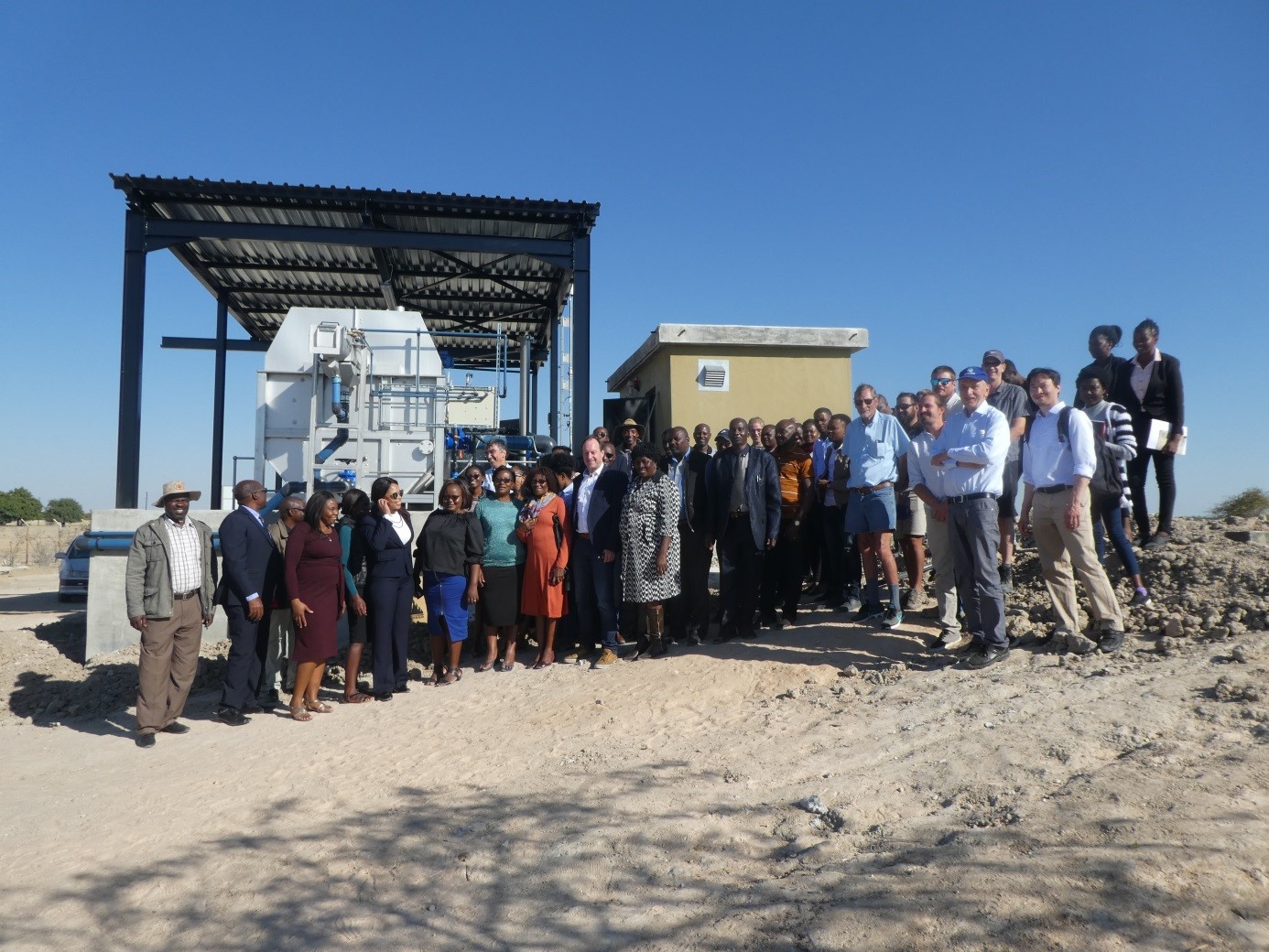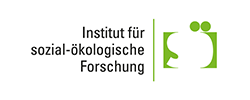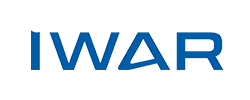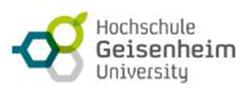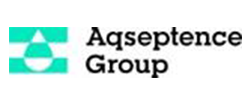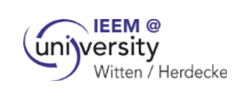Considering wastewater management, municipalities in northern Namibia are often unable to meet the challenges of rapid population growth and climate change. The development of solutions such as water reuse for animal feed production can be supported through inter-municipal cooperation.
Against this background, a wastewater treatment neighborhood was established in northern Namibia. This represents a supraregional network of various municipal operators of wastewater ponds. The network is intended to facilitate an exchange of information and experience. Today, the wastewater treatment plant neighborhood consists of a solid core of six municipalities, which form the steering committee. They organize meetings for inter-municipal exchange on a rotational basis. Other villages and settlements (represented by the Regional Councils) participate in meetings of the network. These are held on specific topics such as pump maintenance. By combining inputs from experts and topic-related exchanges, learning processes are enabled and concrete collaboration impulses are created.
The experience of the meetings, which have been held regularly since 2017, shows initial success in building capacity in wastewater management. This includes, in particular, a growing interest in water reuse for agricultural purposes and related knowledge. In addition, concrete needs have been identified that can be initiated with little effort, such as a survey of pumps used in the participating municipalities. Further benefits are expected in the medium to long term. In summary, these are:
- Exchange of experience, human and technical resources
- Implementation of joint training measures
- Increased negotiating power vis-à-vis contractors and capital providers through joint procurement/commissioning
- Shared use of infrastructure/machinery

